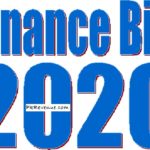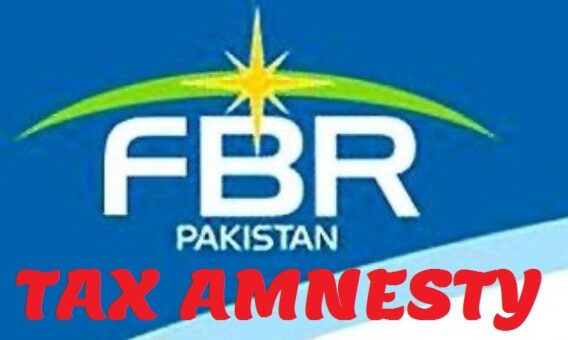KARACHI: The federal government has made amnesty granted to real estate sector to the part of Finance Bill, 2020 in order to get approval from the Parliament.
Deloitte Yousuf Adil Chartered Accountants in their budget explanations said that to stimulate investment in real estate and construction sector, a no-questions-asked amnesty has been introduced.
Under this amnesty the Federal Board of Revenue (FBR) has been restrained from asking question related to source of investment made into the real estate / construction business.
Both previous and current federal governments have launched tax amnesty schemes in 2018 and 2019, albeit the scope of this scheme is limited to investment made in construction sector only.
The proponent of this particular amnesty scheme argues that this would act as a catalyst to increase economic activity in the country thereby improving employment opportunities as number of sub-sectors and small and medium size industries are associated with construction industry.
The newly introduced scheme provides immunity from the provisions of section 111 of the Ordinance , and no questions will be asked regarding source of funds from investors making capital investment in new construction projects in the form of money or land, either as an individual, as an association of persons or a company, subject to conditions as explained below.
For individuals:
Monetary: Investor shall open a new bank account and deposit such amount in it on or before the 31st day of December, 2020
Land: Investor shall have the ownership title of the land at the time of commencement of the Tax Laws (Amendment) Ordinance, 2020
Corporate shareholder / Partner:
Monetary: Such amount shall be invested through a crossed banking instrument deposited in the bank account of such association of persons or company, as the case may be, on or before the 31st day of December, 2020
Land: Such land shall be transferred to such association of persons or company, as the case may be, on or before the 31st day of December, 2020. Provided that the person shall have the ownership title of the land at the time of commencement of the Tax Laws (Amendment) Ordinance, 2020
Registration: The Company or AOP shall be a single object company duly registered under the Companies Act, 2017 or Partnership Act, 1932 as the case may be.
Additional conditions to be met:
• Prescribed IRIS form shall be submitted by the person making investment.
• The investments made shall be wholly utilized in a project.
• Grey structure in case of builders and landscaping in case of developers have been completed on or before September 30, 2022, and duly certified by NESPAK or respective map approving authority.
• Further, for land developer, the following additional conditions should be met;
- 50 percent of plots have been booked for sale and 40 percent of sale proceeds thereof have been received by September 30, 2022 as duly certified by specified chartered accountancy firm.
- 50 percent of the project roads have been laid up to sub-grade level as duly certified by NESPAK.
• The value or price of the land or building shall be higher of
a) 130 percent of FBR assessed fair market value; or
b) At the option of person making investment, lower of the value determined by at least two independent SBP approved valuers.
Exclusion
The following incomes or persons are excluded from the relief provided under the amnesty scheme:
Holder of public office, benamidar or his spouse or dependents; or
Public Listed Company, real estate investment trust or any company whose income is exempt under the Ordinance.
Proceeds of crime including money laundering, terror financing excluding tax evasion.
Restriction of Ownership Changes
• Under the new amnesty, no change in ownership shall be allowed for incomplete projects except where 50 percent cumulative cost on the project has been incurred as certified by prescribed Chartered Accountants firm, with the exception of legal transmission to heirs.
• Inclusion of partners or shareholders after December 31, 2020 is permissible; however, such investors shall not be eligible to avail tax amnesty.
Amnesty to the purchaser
Provisions of section 111 shall also not apply to:
the first purchaser of a building or a unit in the building in respect of the purchase price both in case of new project or existing incomplete project where payment is routed through crossed banking instrument between the date of registration of project with the FBR and September 30, 2022.
The purchaser of plot for building construction where the purchase, the payment thereof and commencement of construction has been made on or before December 31, 2020 subject to construction completion by September 30, 2022 and subject to registration of such purchaser with FBR on IRIS portal.
Thus no questions would be asked from the purchaser of building or plot regarding source of funds who complies with the above mentioned conditions.






